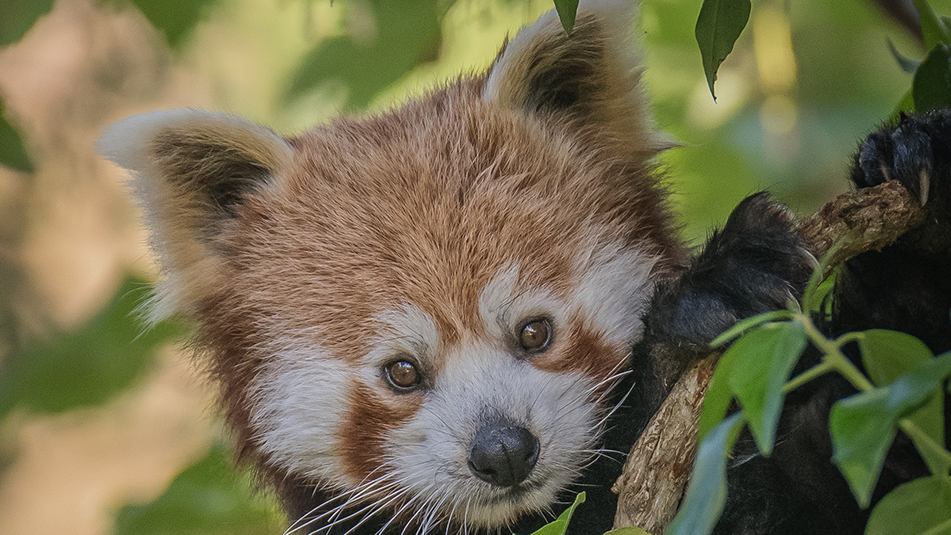Despite the government’s Job Retention Scheme, which secures 80% of furloughed workers’ wages, zoos are facing blurred times ahead as they struggle to maintain a healthy stream of income.
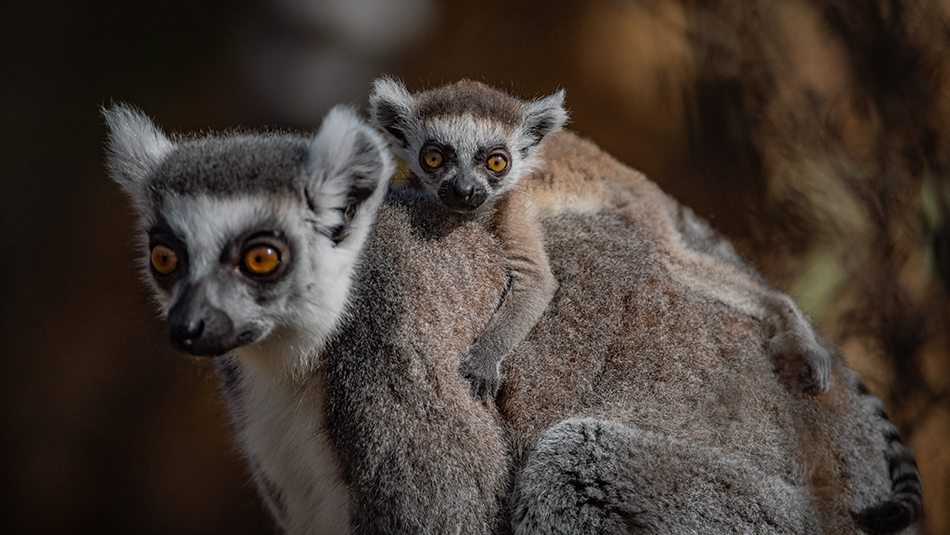
Zoos in the UK are setting up funds to secure extra income that they would have usually generated through visitors in the summer months as they are forced to stay closed due to the ongoing COVID-19 pandemic.
“Operating without the vital income that comes from our visitors is the biggest challenge. The zoo is only ever normally closed on Christmas Day and Boxing Day and so it feels strange – almost eerily quiet,” says Jamie Christon, Chief Operating Officer Executive at Chester Zoo.
Dr Justin Morris, Chief Executive of Bristol Zoological Society, says:
“As a charity we rely on the income from our visitors to our two zoos and without them we urgently need to plan to secure alternative sources of revenue. Funds are needed not only to safeguard Bristol Zoo Gardens and Wild Place Project, but to ensure conservation to help save endangered species, including western lowland gorillas, giraffes and lemurs could continue.
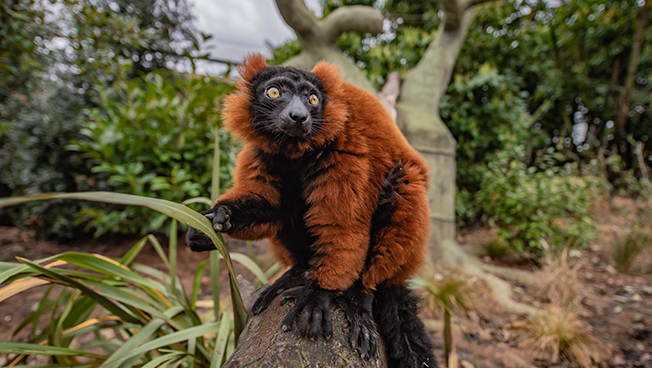
“As a charity, our mission is ‘Saving Wildlife Together’. We have been doing this for 185 years and plan to continue doing so for our future generations.”
Zoos are one of many hospitality industries that rely heavily on people being in close contact and on the weather. Also, during summer months zoos tend to make more money through visits. Most of them are charities and therefor reliant on donations, which have decreased in the UK: up to £4 billion across all UK charities could be lost, the Commons Digital, Culture, Media and Sports Committee warned.
UK Government pledges up to £100,000 one-off grant for UK Zoos and aquariums
On 4 May, the UK government announced the Zoos Support Fund, which is a means-tested grant that provides up to £100,000 for zoos or aquariums. However, the financial cushion could be short-lived:
“It costs £465,000 per month to look after all of the animals and plants – that covers feed, bedding, the wages of the animal care staff, heating animal houses and much more besides. This has to, and will continue, no matter what,” says Jamie. The zoo is one of the UK’s largest with its over 20,000 animals of 500 different species. It welcomes around two million visitors annually — a usually steady, reliable form of income that has now fallen to zero.
“With 97% of the zoo’s income coming from visitors, the uncertainty of how long this period of enforced closure will go on for is our biggest worry. The support of our 130,000 members is therefore vital at this time and we can’t thank them enough for sticking by us,” says Jamie.
With 97% of the zoo’s income coming from visitors, the uncertainty of how long this period of enforced closure will go on for is our biggest worry.
Jamie Christon, Chief Operating Officer Executive, Chester Zoo
“With 97% of the zoo’s income coming from visitors, the uncertainty of how long this period of enforced closure will go on for is our biggest worry. The support of our 130,000 members is therefore vital at this time and we can’t thank them enough for sticking by us,” says Jamie.
Zoos are facing financial difficulties, having to pay for animal food and medical cares
Many zookeepers have been furloughed and are stuck at home, not being able to fulfil their hobby of taking care of their animals. Thanks to the UK Job Retention Scheme, announced on 26 March, those workers retain 80% of their wages as long as the pandemic lasts, with a cap of up to £2,500 per month. Despite this, zoos are steadily losing income. Maintaining a zoo requires a lot of money, as animals require medical care and constant food supply. The Job Retention Scheme however only covers the wages of workers but not the lost income that was usually generated through visits and a now decreasing number of donations.
Then there’s the currently omnipresent issue of health. On 6 April, a tiger in New York has been reported sick from coronavirus, having had persistent coughs. So even zookeepers now have to socially distance from animals, rendering it difficult for zookeepers to caress their animals and maintain hygienic standards for them.
Training of new zookeepers uncertain
Training new zookeepers as well as internships have all but stopped. Young people who were eager to start their first real job experience have had their passion squashed with no compensation. For example, Blackpool Zoo in Lancashire has suspended all vacancies for job experience and their courses.
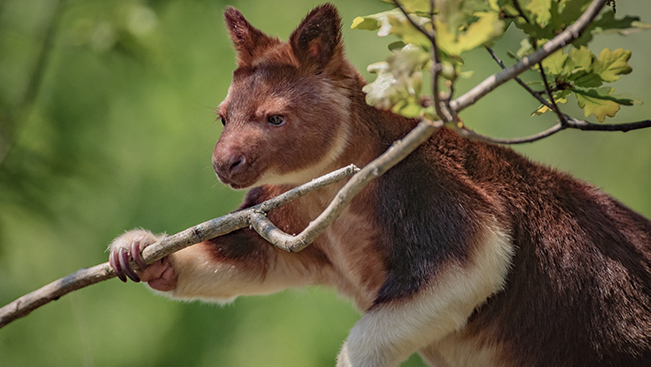
Many students are graduating into a worldwide economic recession with a job uncertainty that has not been seen since the global financial crisis over ten years ago. This time, career prospects after leaving university are significantly worse for graduates than for 2008-09 graduates, warns the Institute for Fiscal Studies (IFS), with graduates starting off in lower paid jobs than those who graduated between the global financial crisis and the coronavirus recession.
Some zoo animals don’t like the sudden silence
Zoo animals are used to being seen by many interested humans during normal times. However, right now that is lacking and some animals have displayed boredom and dissatisfaction with their lack of interaction with people, The Guardian reported in March.
Uncertain Future ahead
The ongoing pandemic could lead to job losses and closures of popular venues that nobody would have perceived possible just three months ago. The coronavirus pandemic is leaving a lasting impact.
Other countries such as Germany have started opening their zoos again, while there is still no end in sight regarding closures in the UK. Also, Germany has seen an increase of coronavirus cases again on 10 May, just a few days after it started slowly lifting restrictions; there is uncertainty how long the easings of restrictions will stay.
It is also uncertain what will happen to animals if zoos have to close indefinitely. It could become a huge logistical problem and the government has not offered help yet apart from the Job Retention Scheme and the one-off Zoo Support Fund.
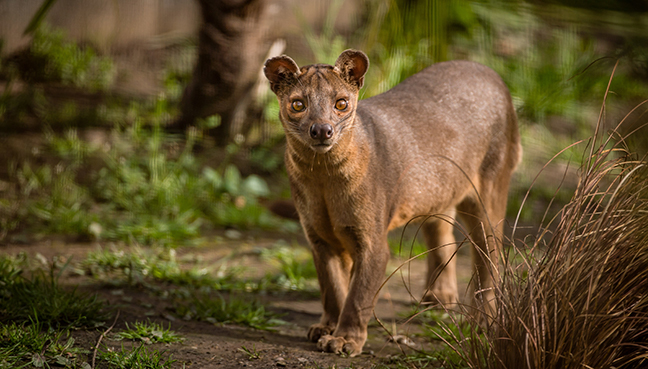
We will beat this and will bounce back.
Jamie Christon
There has been a sign of hope in a zoo in Devon in South West England however: Dartmoor Zoo was saved by a large influx of donations, Sky News reported on 27 April.
Just maintaining the animals of the zoo costs £11,500 every week, which is not covered by the UK Government Job Retention Scheme. And not many zoos can boost such an enormous number of monthly paying members such as Chester Zoo.
However, a German zookeeper said her zoo is considering slaughtering animals as a final resort to keep it alive, the BBC reported on 14 April, mentioning a loss of €175,000, or roughly £152,400.
Many zoos are furloughing most of their staff due to the lack of visitors with only maintenance and feeding animals being a priority.
With countries hit hard by the pandemic such as Spain and Italy slowly opening up and allowing visits to zoos again, there is hope that UK zoos as well will open rather sooner than later: “It goes without saying that these are incredibly tough times. But we are resilient, we will beat this and will bounce back,” says Jamie.
